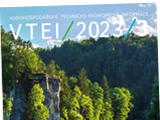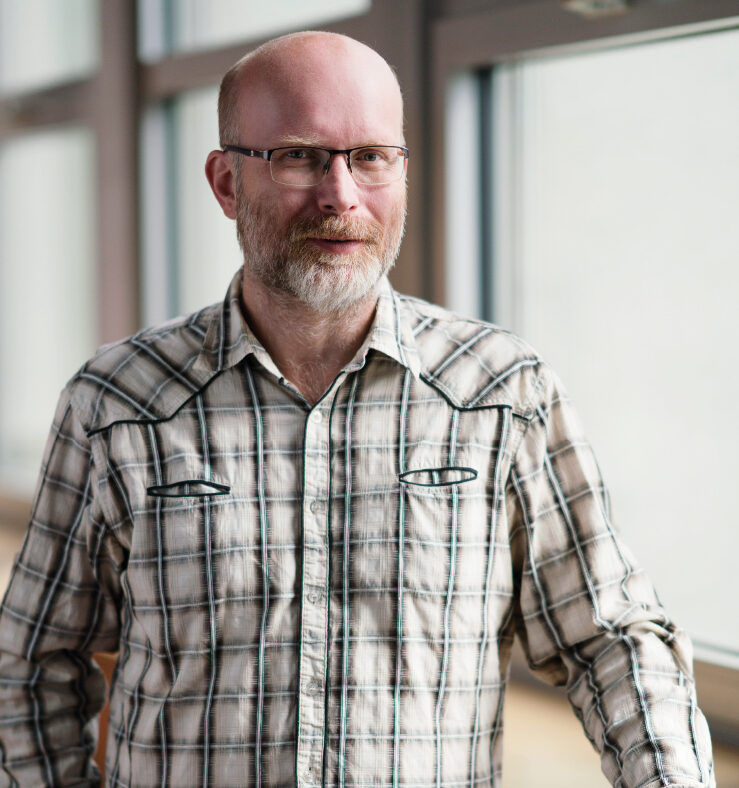
Food waste from the perspective of municipalities – approaches and measures for reducing production and preventing its occurrence
The presented article addresses current problems in food waste management and prevention at the municipal level in the Czech Republic. It summarises the authors’ team’s knowledge within the framework of long-term solutions to this issue, presents a diverse range of preventive measures, conducts an elementary economic analysis of municipal expenditures and revenues in waste management, and points out current problems and pitfalls for development in the coming years. The most important ones include the growing obligations of municipalities in preventing the creation and management of municipal waste and the associated increasing pressure on staffing the circular economy and waste management agenda, insufficient capacities for food waste management in the near future (with the planned fulfilment of national goals), an inadequate system of transmission and exchange of relevant information, and the ever-recurring indiscipline of citizens in primary waste sorting.
 Are you interested in the printed journal?
Are you interested in the printed journal?
